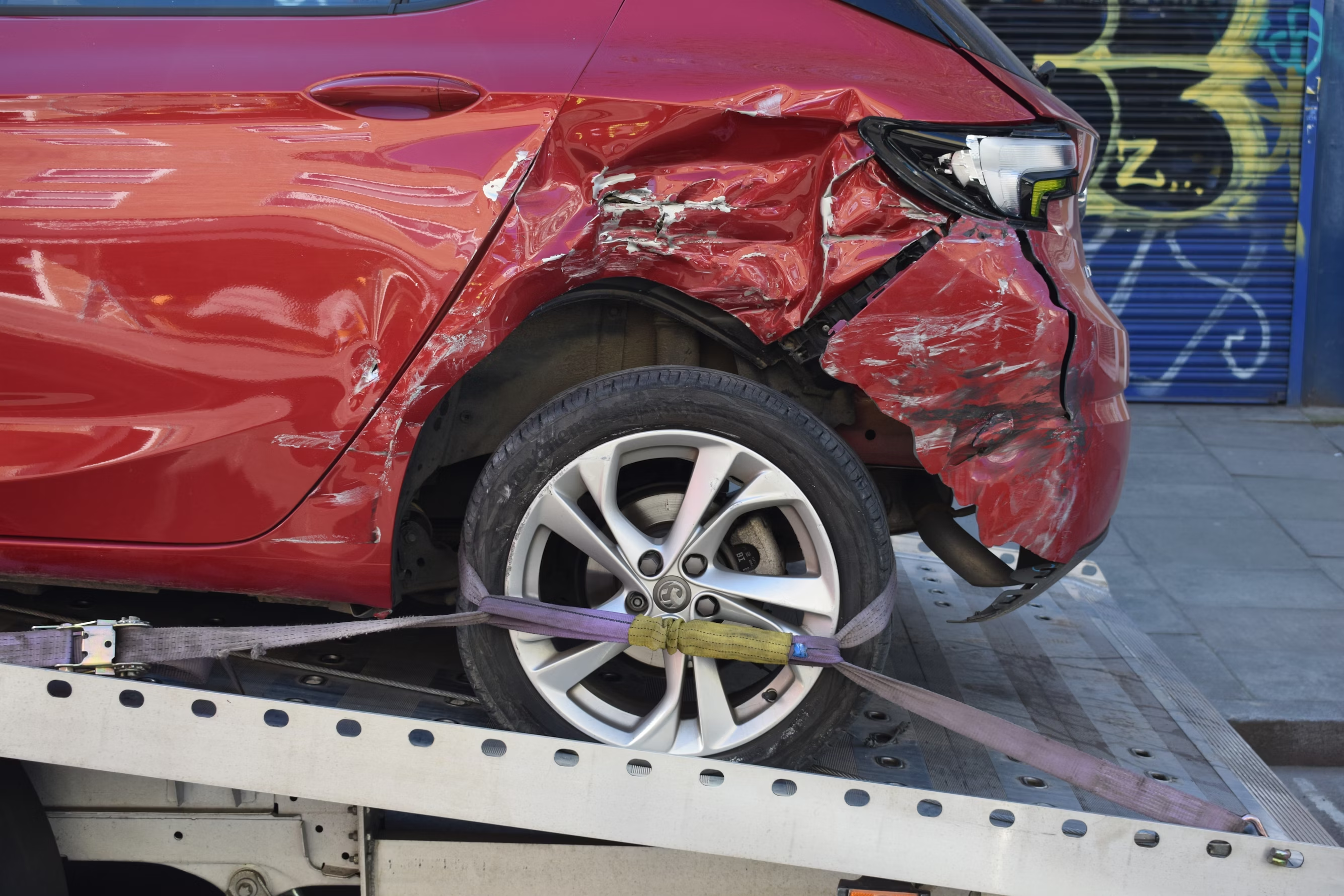
Who Pays for Personal Injury in a Car Accident?
Car accidents can leave you with not only physical injuries but also financial burdens. As such, obtaining fair compensation and benefits is just as much about getting the support to move forward in your recovery as it is in pursuing justice.
The intricacies of vehicle damage coverage, medical expense reimbursement, the claims process, and compensation determination are not everyday considerations; these questions only come up in the aftermath of traumatic events, which only complicates matters. If you are unsure about your rights and options, McNally Gervan’s Ottawa car accident lawyers are here to help. Here is what you need to know about who pays for personal injuries in car accidents, as well as some other important information that can help individuals figure out the steps they need to take following motor vehicle accidents.
Who Pays for Car Accident Injuries and Vehicle Damages?
When a car accident occurs, determining who pays for the vehicle damage is the first step. Generally, the at-fault driver’s insurance covers these costs. However, in no-fault insurance provinces like Ontario, your own insurance may step in to cover the repairs, regardless of who is at fault. This coverage typically falls under collision or comprehensive insurance policies, but keep in mind that deductibles apply, and filing a claim could impact your insurance premiums.
The Direct Compensation for Property Damage (DCPD) system, formerly a mandatory part of no-fault car insurance coverage in Ontario, allows you to claim vehicle damage directly from your own insurer, provided the accident occurred in Ontario and involved at least one other vehicle insured under an Ontario policy. This system aims to expedite the claims process and reduce auto insurance policy disputes.
Who Pays for Medical Expenses?
Medical expenses resulting from a car accident can quickly add up. Thankfully, in Ontario, accident benefits provided by your auto insurance cover a wide range of medical costs, including treatments, rehabilitation, and attendant care for the injured person. While health insurance might cover some costs, auto insurance is the primary payer in these scenarios.
Accident benefits encompass a variety of supports to help you recover and manage daily life after a car accident. Medical and rehabilitation benefits cover necessary treatments and rehabilitation services. For instance, if you sustain a broken leg in an accident, these benefits will cover physiotherapy and follow-up medical appointments. Attendant care benefits provide financial assistance for personal care if you require help with daily activities, such as if you need assistance with bathing and dressing due to your injuries.
Income replacement benefits compensate you for lost wages if you’re unable to work due to your injuries. For example, if you’re a construction worker unable to work because of a back injury, these benefits can replace a portion of your income. Non-earner benefits offer financial support if you’re unable to maintain a normal life and don’t qualify for income replacement, such as if you were a student who can no longer attend classes or participate in daily activities. Additionally, caregiver benefits cover expenses if you’re the primary caregiver and can no longer fulfill that role due to your injuries, such as if you can no longer take care of your young children because of your accident-related injuries.
The Claims Process
Navigating the accident benefits claims process is critical for receiving the benefits and compensation you’re entitled to. Here’s a step-by-step outline:
- Seek Medical Attention: Immediate medical care is essential, even if injuries seem minor.
- Report the Accident: Notify the police and file an accident report.
- Notify Your Insurer: Inform your insurance company about the accident and start the claims process.
- Complete Necessary Forms: Your insurer will require specific forms to process your claim, such as the OCF-1 (Application for Accident Benefits) and others depending on your situation.
- Document Everything: Keep detailed records of all medical treatments, expenses, and communications with your insurer.
In case of disputes, legal assistance can be invaluable to make sure that your insurance claim is processed correctly and you receive the benefits you deserve.
How Compensation is Determined
Compensation for car accident injuries can come from multiple sources, including the at-fault driver’s insurance, your own insurance, and possibly other parties involved. In car accident cases, it typically covers medical expenses for treatments and rehabilitation, lost wages due to inability to work, and non-economic damages for pain and suffering, addressing both physical and emotional distress.
Legal guidance to get a complete understanding of policy limits and insurance coverage options, such as underinsured motorist coverage, can help individuals maximize their compensation
Role of the Insurance Adjuster
Insurance adjusters play a significant role in the claims process. They investigate the accident, assess damages, and determine the compensation amount. While they aim to settle claims fairly, their primary goal is to minimize the insurance company’s payout. This is why having legal representation is crucial—to ensure your rights are protected and you receive the full compensation you’re entitled to.
Trust McNally Gervan for Support and Guidance
Having expert legal representation can significantly affect the outcome of your case. McNally Gervan’s experienced lawyers can help you navigate insurance or personal injury claims, negotiate with insurance companies, and fight for the maximum compensation possible.
Expert legal representation can significantly affect the outcome of an insurance or personal injury claim. We understand that the aftermath of a car accident is overwhelming and that each case is unique. Whether dealing with catastrophic injuries, such as spinal cord injuries or brain injuries, or navigating the complex claims process, our team is dedicated to providing tailored support to ensure the best possible outcome for our clients.
If you’re dealing with the aftermath of a car accident, don’t go it alone. McNally Gervan is dedicated to providing you with the support you need to move forward.






Follow Us